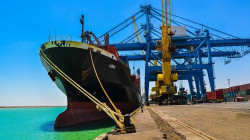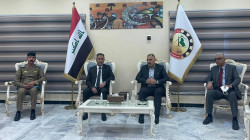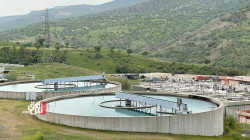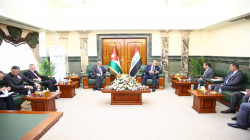Iraq launches drought risk management project
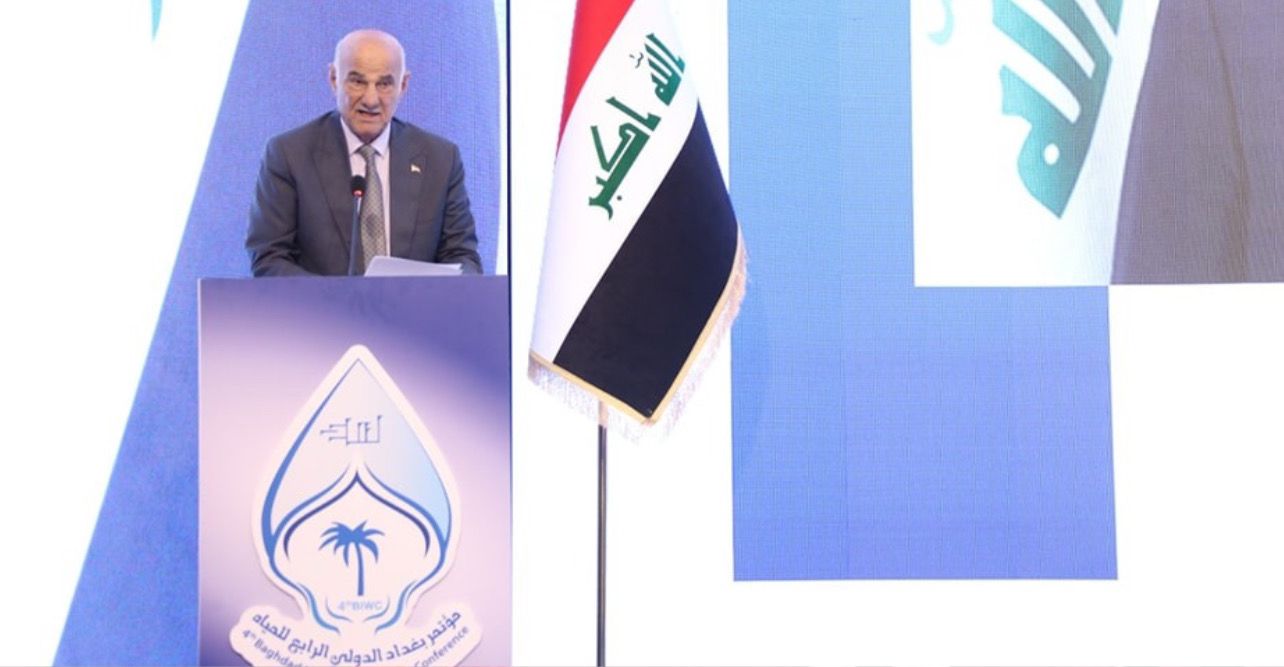
Shafaq News/ On Saturday, the Iraqi Minister of Water Resources, Aoun Diab Abdullah, initiated a project to study the national framework for managing drought risks in Iraq.
Speaking at the Fourth International Baghdad Water Conference's preliminary events, the minister highlighted that the project's objective is to mitigate drought-associated risks.
Abdullah outlined various measures the Iraqi government undertook to tackle drought, including "promoting sustainable agriculture, developing water infrastructure, enhancing cooperation with neighboring countries on water resource management, exploring alternative water sources, and utilizing wastewater and agricultural water treatment for multiple purposes."
"These purposes include creating green belts and forests around cities for farming uses, aligning with national regulations and legislation."
Notably, Iraq faces a severe threat due to climate change.
The country has grappled with escalating drought, rising temperatures, diminishing water bodies, decreased rainfall, and overall water scarcity, leading to 70% of agricultural land drying.
Experts say that one of the leading causes of this problem is the high dependence on imported water for irrigation, which consumes more than three-quarters of the country's total water use. They call for modern technologies to conserve water and optimize its use.
Another cause is the construction of dams and irrigation systems by Iran and Turkiye, reducing water flow into rivers and marshes.
According to the U.N. Environment Programme, Iraq is the fifth most vulnerable country in the world to extreme temperatures and water shortages.
In a previous statement, the Iraqi Ministry of Water Resources claimed that it has preserved and increased its strategic reserve, consisting of artificial lakes formed by dams and river barriers and natural lakes such as Tharthar, Habbaniyah, and other wetlands. However, this reserve has reached its lowest level in Iraq's history.
In addition, the Ministry is anticipating an expansion of the current water reserve from 10 billion cubic meters to 15 billion cubic meters by the end of the flood season, drawing from ice, snow, rain, and other sources.
